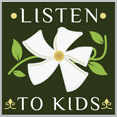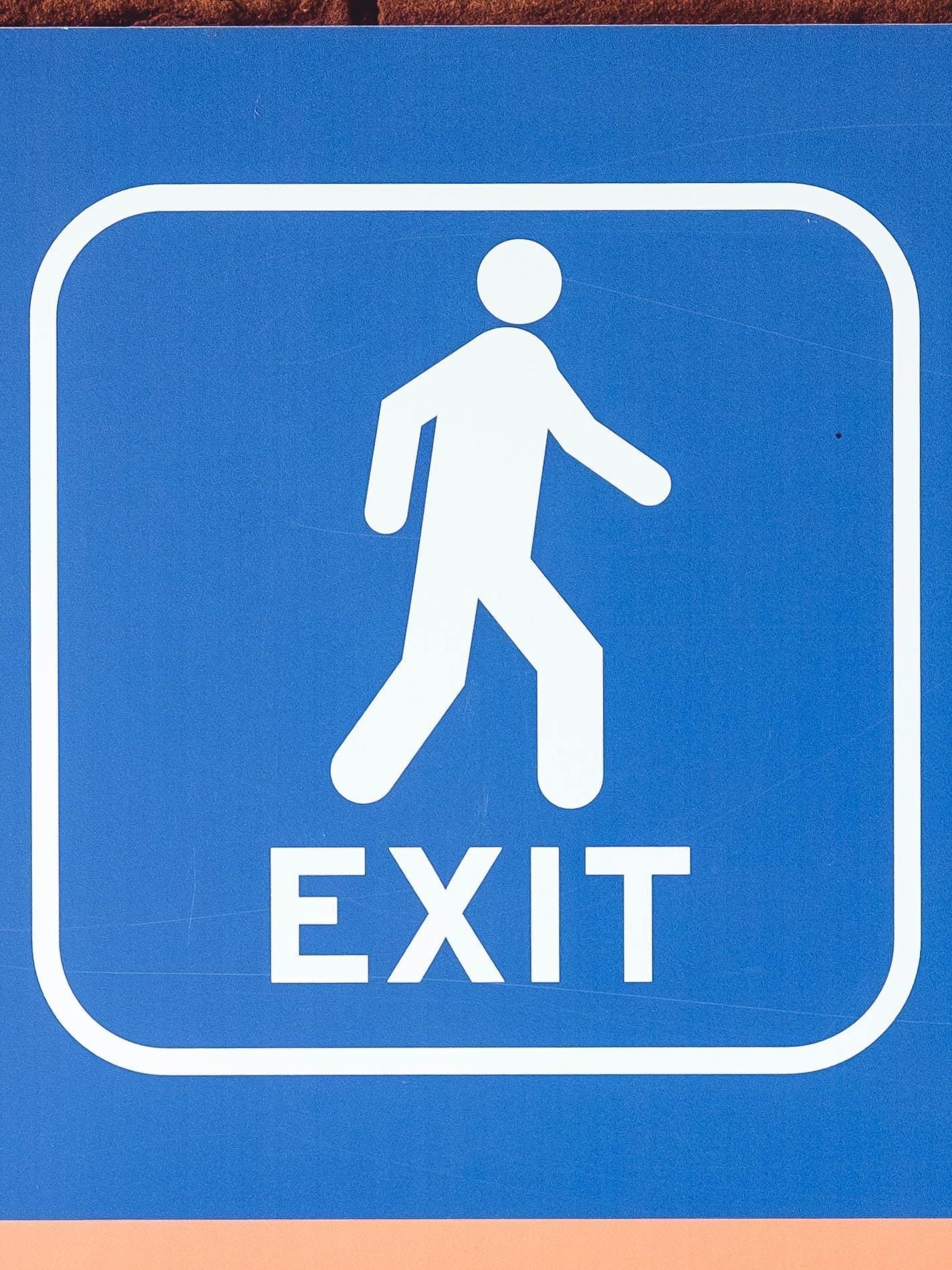SITT (Story-Informed Trauma Therapy)
While other modes of therapy are detailed on the "provider" page, SITT warrants a more specific mention.
Many forms of therapy seek only to teach the client to manage flashbacks and intense emotions through coping skills. Coping skills are necessary for survival, but they are a first step. After the nervous system has calmed and is no longer stuck in a sympathetic mode (fight/flight), the client needs to dig into the experiences that caused PTSD, and walk through those memories with professional guidance until they can understand how the traumatic situations still inform their behavior today.
SITT is a comprehensive way of helping people truly triumph over PTSD. Rather than the momentary quick fix of a coping skill, SITT re-teaches a PTSD survivor how to see the world and make decisions in it. Habits that heal begin to sprout for a more permanent, deep sense of healing. Creativity and a vision for the future come only after this deeper healing.
I encourage you to ask your counselor if she/he is trained in SITT. If not, please mention that Listen to Kids offers professional development scholarships for SITT training.
TCTSY
Trauma Center's Trauma Sensitive Yoga
TCTSY is a style of yoga, specifically modified over several years to treat Complex PTSD. TCTSY emerged from The Trauma Center's research with mainly veterans of wars and trafficking survivors. We know that mindful movement heals our bodies and minds, but some forms of traditional yoga can be triggering. Re-traumatization is the LAST thing that should happen in a yoga class, so TCTSY classes include:
- predictable yoga sequences, often repeating the same one each week
- no use of Sanskrit words or any other words that have been identified as common triggers
- no instructor adjustments
- no judgement
- the promise that students will never be told what to do with their bodies (various shapes are merely suggested by the instructor)
- a safe physical space for all (often this means the entrance door is blocked, lighting, temperature, and music are familiar & comfortable to students, and feedback is highly encouraged)
- the instructor never leaves his/her mat, and does the sequence along with the students
- the instructor's mat is not at the front of the room with students facing him/her; the instructor practices exactly as the students do
Studies have shown that 8 weeks of TCTSY practice with a certified TCTSY instructor can significantly reduce PTSD symptoms for the long term.
Videos Outlining PTSD Treatments
Huberman Lab: "Erasing Fears & Traumas"
New York-Presbyterian Hospital: "PTSD-Effective Treatments & Clinical Trials"
NICABM: "A Simple Exercise to Ease Despair with Peter Levine, PhD"
Stephanie Peter Counseling: "Shutdown - the Physiology of Depression"
The Partnership in Education: "The 5-4-3-2-1 Method"
Tufts Medical Center: "How to Reduce Stress with the 2:1 Breathing Technique"
Veterans Health Admin.: "PTSD Treatment: Know your Options"
Veterans Health Admin.: "What is Mindfulness?"
Childhood Trauma Survivor's Workshop
Visit Byron Kehler's website to sign up for this modestly priced workshop! Click HERE.
A Detailed Explanation of Several Effective PTSD Therapies
Click HERE to read more about specific therapies.









